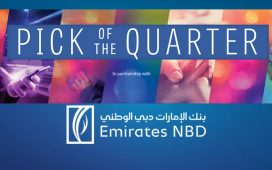By Dana Al Kutoubi, head of strategy KSA, Wunderman Thompson
Ramadan has always been predictable. The same clichéd ads, the smiling housewives, the shots of beautiful looking meals, the flood of new series and increase in TV watching (which MBC continues to dominate), the family gatherings, the 3 am Suhour meal… Even digital behaviours have become set in their ways during Ramadan, (such as increased YouTube consumption or the catch-up on Shahid). Despite the rapid changes we’ve seen as a result of Vision 2030 in the Kingdom, when it comes to Ramadan, as journalist Jean Baptiste Karr once said, “Plus ça change, plus
To continue reading this article you need to be registered with Campaign. Registration is free and only takes a minute. Register Now or sign in below if you already have an account.









